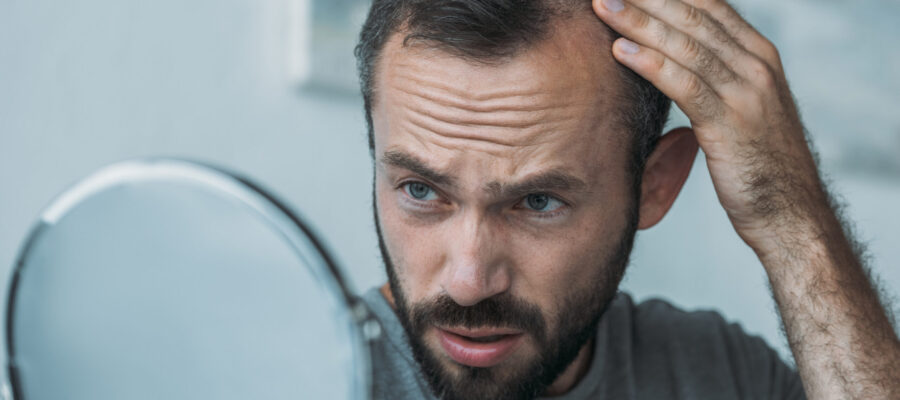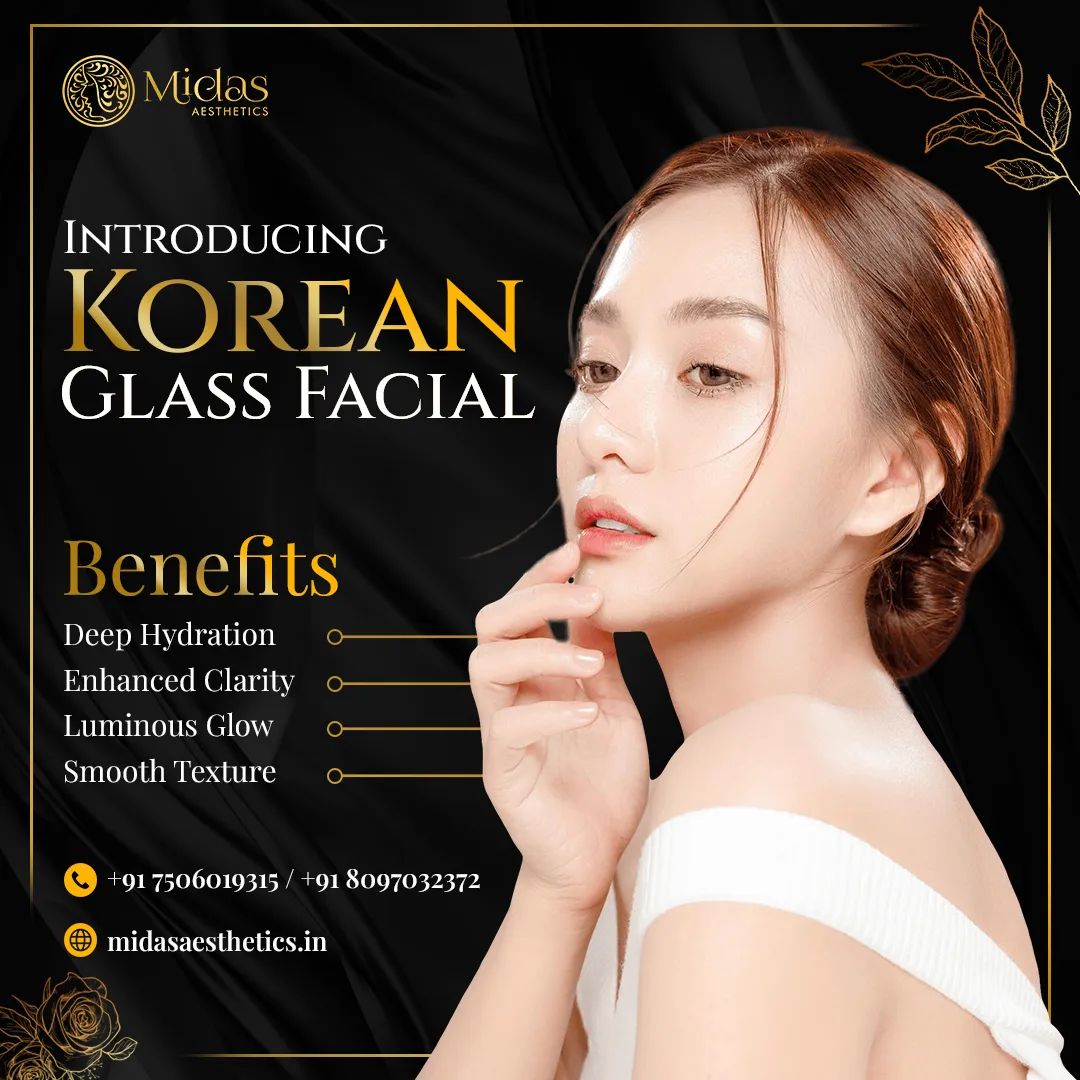
Hair Thinning Treatment in Mumbai
Because it is one of the first things people notice about you, your hair is important to your overall health and well-being. How healthy and vibrant your hair is can reveal a lot about who you are and how you feel about yourself. Healthy hair is a sign of confidence and allows others to see you favorably. It is natural to lose a certain amount of hair each day. However, when hair falls out in greater quantities than usual, it can cause distress and worry. Hair thinning is the most common symptom of hair loss.
Hair thinning is defined as a decrease in hair mass in which hair loses some of its natural thickness. Hair mass loss means that you may have the same number of hair follicles but thinner individual strands, resulting in less hair volume. This is also true in the case of female pattern baldness.
Symptoms of Hair Thinning
Common visible symptoms of hair mass loss include thinning hair fibers, decreased hair density, wider parting, a thinner ponytail, and increased scalp visibility.
Causes of Hair Thinning
- Stress: While emotional stress is less likely to cause hair loss than physical stress, it can cause hair thinning.
- Diet: Vitamin deficiency is the leading cause of hair thinning. Hair thinning and hair loss are frequently caused by vitamin B deficiency and a lack of essential nutrients. It occurs when there is a lack of nutrients in the diet, which is not wholesome.
- Protein Deficiency: Protein deficiency is a common cause of hair thinning and hair loss. When you don’t get enough protein in your diet, your body breaks down more protein. This depletes the hair of the necessary protein for growth and prevents the inflow of keratin to the hair.
- Chemically Led Products/Incorrect Products: One of the most common causes of hair thinning is the use of ineffective hair products. It’s always a good idea to use products that promote hair health and prevent hair thinning.
- Heredity: This is an important factor because genetic variability can cause hair thinning. Hair loss patterns are inherited in both men and women. Several genes that cause hair thinning and loss have been identified. This is the most common reason why hair thinning runs in families.
- Sudden Weight Loss: Even if the weight loss is planned, sudden weight loss is traumatic. Whether the weight loss is intentional, as in reducing one’s diet, or unintentional, as in engaging in unhealthy eating habits that cause hair loss.
- Birth control: While we know that pregnancy hormones are a common cause of hair thinning and hair loss, so can changing or discontinuing birth control pills. If you have a family history of hair thinning, you are more likely to experience it. A shift in hormonal balance during menopause can have a similar impact.
- Pregnancy: Estrogen levels can rise during pregnancy. Because of the excess estrogen in the body, hair feels thicker and more lustrous during this phase. Hormone levels begin to normalize about 3-4 months after the pregnancy is over. This drop-in estrogen may be one of the most significant causes of post-pregnancy hair loss.
- PCOS and PCOD: Polycystic Ovarian Syndrome (PCOS) and Polycystic Ovarian Syndrome (PCOD) both cause significant physical changes in the body. PCOS is a lifestyle condition that causes many changes in a woman’s body, one of which is significant hair loss. It is always advisable to seek medical attention if you are experiencing significant hair loss.
- Thyroid: The thyroid gland produces the hormones T3 and T4, which are found in our bodies. When production is disrupted in any way, it has a cascading effect on other processes in the body. The development of hair at the roots, i.e., your hair growth cycle, is one of the key body parts that is affected. Your hair begins to fall out and is not replaced by new hair strands. It could happen anywhere on your body, from your scalp to your brows to your body hair. However, the most common and visible source of hair loss is the scalp.
- Menopause: The production of estrogen and progesterone decreases during menopause. These are the hormones that cause hair to grow faster and stay on your head for longer periods. As a result of a decrease in the normal production of these hormones, hair tends to thin and fall, resulting in hair loss.
- Smoking: The toxic chemicals in cigarettes cause blood vessels to shrink and block blood circulation to the hair follicles. As a result, important nutrients are unable to reach your hair, resulting in hair thinning and hair loss.
Prevention and Management
- NO EXCUSES FOR REGULAR HAIR WASHING
If you want to prevent thinning, hair loss, and have a healthy scalp, all you have to do is wash your hair at least three times a week. Furthermore, when taking a shower, always use a mild shampoo. It’s because strong shampoos cause hair to dry out excessively, making it more prone to breakage.
- Avoid all Chemicals: Yes, we’re talking about perms, hair color, and other chemical treatments that can harm your scalp and cause hair loss. Make sure to use organic or vegetable-derived hair dyes. If you make this change, you will notice a significant reduction in your hair loss problem.
- Protein-Rich Diet: According to several studies, a protein-rich diet can help you say goodbye to hair thinning and loss. Are you wondering what you should eat? You can avoid hair loss by including eggs, peas, chicken, nuts, and other foods in your diet.
- Quit Smoking: In addition to a plethora of other issues, smoking is also responsible for hair loss. When you smoke, you cause vasoconstriction, which reduces blood circulation, making hair follicles weak and causing hair loss. As a result, we recommend that you limit your smoking and live a healthy lifestyle.
- Use a Conditioner: No matter how pressed for time you are, do not, we repeat, do not skip a conditioner. Conditioner helps to close the hair cuticles that are opened when you use shampoo. This ensures that your hair retains moisture while remaining strong and healthy. Skipping a conditioner can cause your hair to become porous and weak, making it more prone to hair loss.
Diagnosis and Treatments
By examining the pattern of hair loss, a trichologist and hair expert can often determine the cause of thinning hair. They may inquire about a person’s current diet, any preexisting medical conditions, a family history of hair loss, or a family history of medical conditions that can lead to hair loss.
When should you consult a trichologist?
Hair loss does not endanger one’s life. A trichologist can be consulted if a person is concerned about their hair loss or if it is affecting their mental well-being. If a person loses a lot of hair for no apparent reason, they should consult a trichologist. This is especially important if they have recently changed their diet or begun taking supplements.
Aesthetics for Hair Thinning Treatment
- PRP for hair: This is one of the most effective, safe, and FDA-approved services that uses platelet-rich plasma from your body. This plasma contains important growth factors that encourage hair follicles to become healthier, resulting in hair growth. It is completely natural, requires no downtime, and is performed by a skilled hair specialist. This service lasts about an hour and provides long-term results for stronger hair and roots.
- Hair invasive Mesotherapy: This is a highly effective treatment provided by a hair expert. It uses micro-injections to target the hair roots. Nutrient cocktails, natural plant extracts, and vitamins are delivered to the hair’s root. This stimulates hair growth by rejuvenating the follicle, strengthening the follicles, and preventing further hair thinning and loss.
- Re-Hair plus: Hair Root Activation Laser Therapy and Low-Level Laser Therapy, which is a safe form of light treatment used to increase blood flow and cell activation in the scalp, resulting in hair follicle stimulation.
This service takes about a half-hour and provides long-term results for healthier hair and roots. - Hair Non-invasive Mesotherapy: This is a technique that delivers a nutrient cocktail through the skin using charged ions. This cocktail contains essential nutrients that penetrate the skin and aid in the prevention of hair loss and thinning.
- Laser Comb: A laser device that resembles a hairbrush, it is handheld, and it is a type of laser therapy used to increase circulation around the scalp. Because laser combs use low-intensity lasers to stimulate hair follicle growth by increasing blood circulation, they are completely painless.
- Infrared light: Using light therapy to achieve increased density and volume of hair is a proven and effective method.
How can we assist?
At Midas, we offer exceptional solutions for strong and healthy hair. We specialize in hair problems and treatments, and we offer the necessary consultations to help you understand your hair and its needs. While our service ensures that the underlying cause of the problem is addressed, we also recommend our specialized products in conjunction with the necessary dietary requirements to improve hair conditions.
Frequently Asked Questions For Hair Thinning Treatment in Mumbai
Thinning hair is a term used to describe minor to moderate hair loss. Thinning hair, unlike widespread hair loss, does not always result in baldness. However, due to increased scalp visibility, it gives the appearance of less hair.
Although hair thinning can be a sign of female pattern baldness, it is not always the case.
Of course! It is possible to regain your natural hair with Midas Aesthetics’ Holistic approach, Customized treatment, Balanced diet plan, and Supplement support.
Book an Appointment for Hair Thinning Treatment in Borivali, Mumbai!

